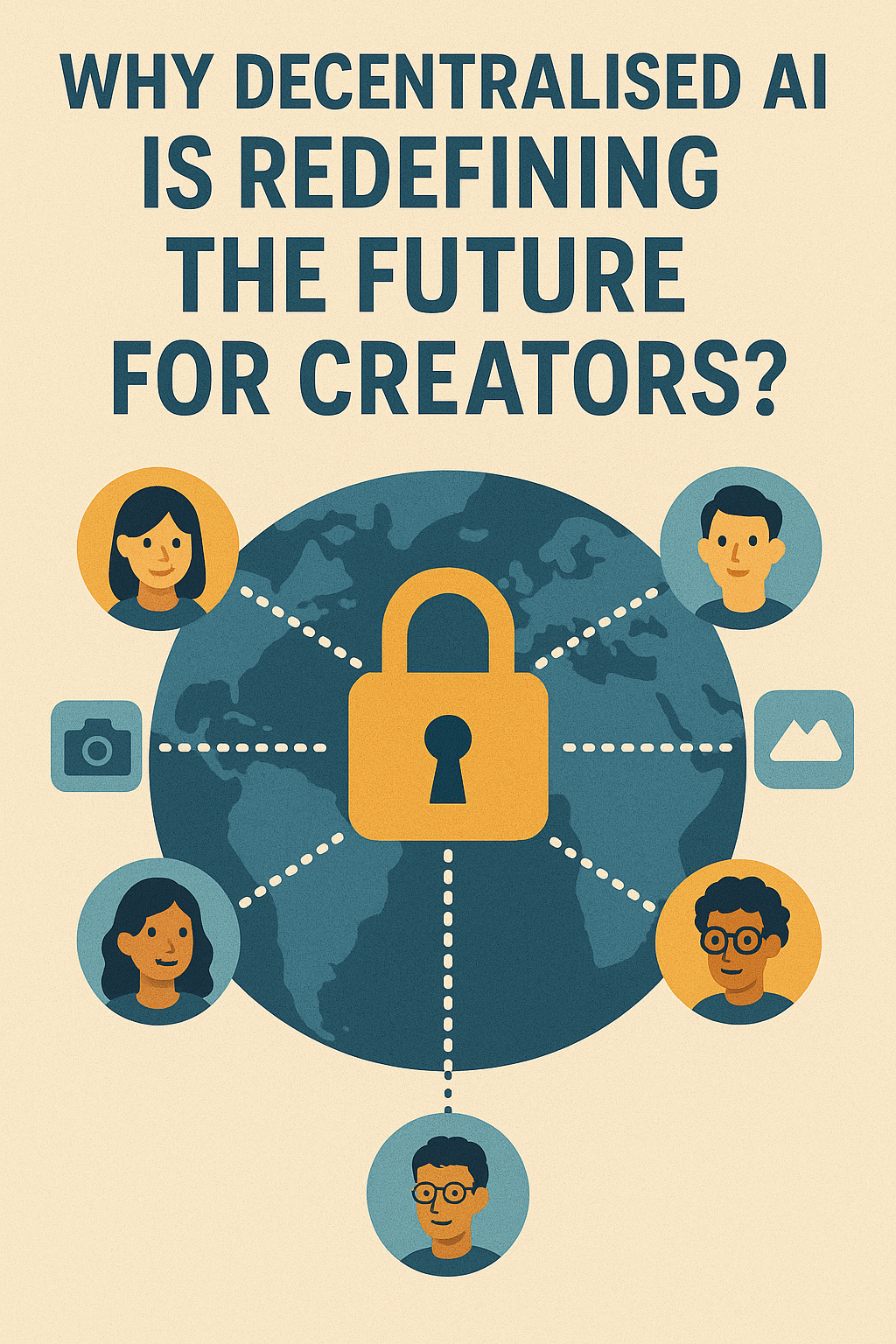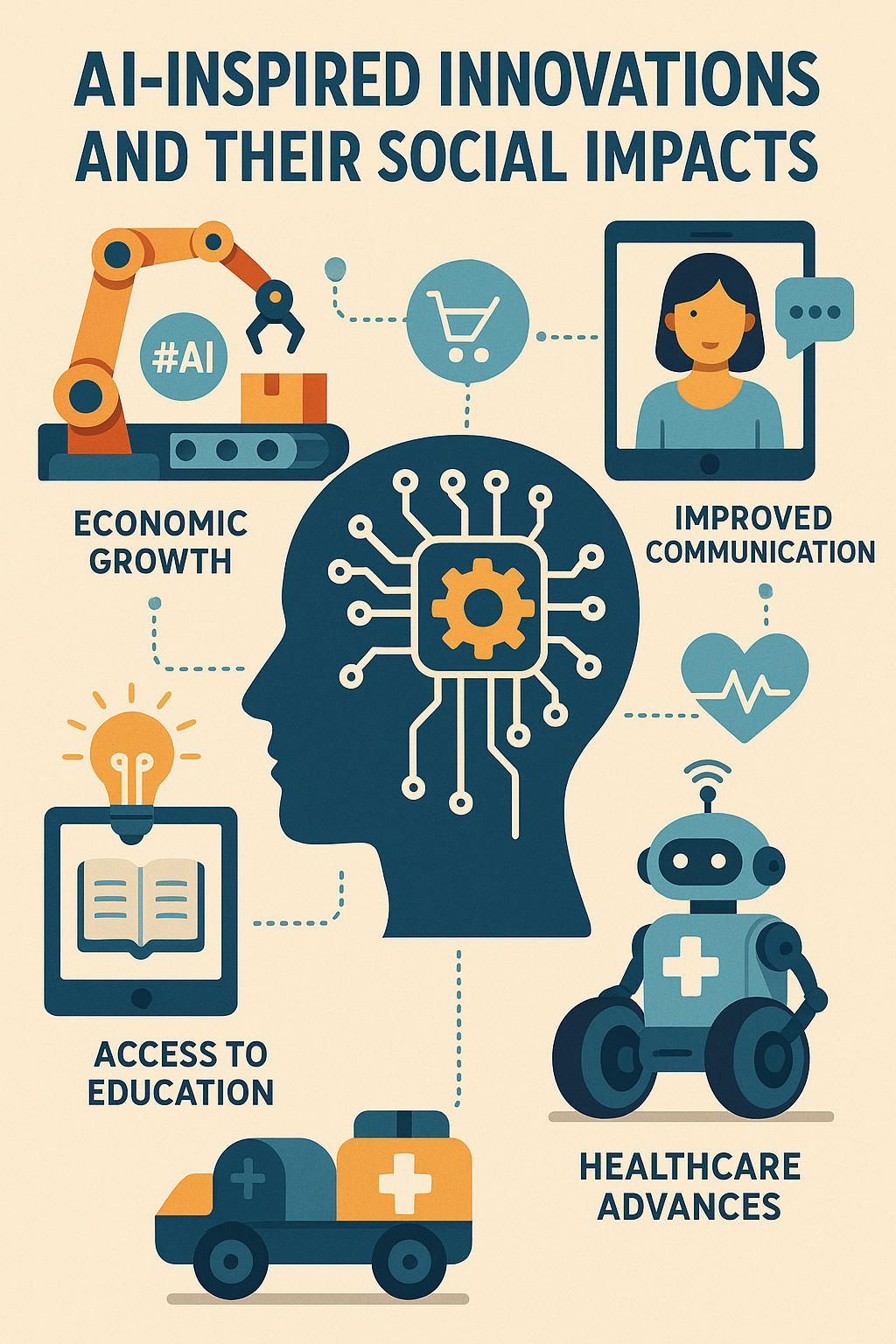Artificial Intelligence (AI) is no longer a science fiction word—a part of our everyday life, powering everything from personalised recommendations to complex medical diagnoses. With AI-powered innovations, they are reshaping our lives, work, and our interaction with the world. While these innovations are yielding revolutionary advantages, they also raise actual social problems which should be adequately addressed.
Shaping Businesses at Breakneck Pace
AI has revolutionised various businesses by simplifying and making them precise. In healthcare, AI technology has the ability to diagnose conditions like cancer or heart disease earlier than doctors, improving survival rates and reduced treatment costs. In agriculture, AI is helping farmers monitor plant health using drones and sensors, increasing yields and reducing wastage.
In accounting, AI provides fraud detection software, credit ratings, and high-speed trading. In education, AI aids adaptive learning systems that dynamically tailor content to an individual student’s needs to enhance learning efficiency and accessibility.
Must Read: The AI Revolution That You Need to Know About in 2025
Societal Benefits
One of the most urgent impacts of AI is that it has the ability to tackle common social problems. AI helps with climate simulation, predicting natural disasters, and optimizing energy efficiency in smart cities, for example. Virtual assistants and chatbots bridge the gap between citizens and governments, enhancing transparency and access to services.
Apart from that, AI has also empowered individuals who are disabled. Speech recognition, text-to-speech, and computer vision technologies empower the visually or physically disabled to live independently, acting as the leveller when it comes to education and employment.
The Flip Side: Social and Moral Impacts
While there are benefits, there are risks in AI. Maybe the biggest is loss of jobs. As technology advances for automating, various hands-on and cognitive jobs are being threatened. Truck drivers, customer service representatives, and even data analysts have their jobs changed or reduced.
AI also raises privacy concerns. Algorithms collect and analyze huge amounts of personal data without so often revealing the explicit consent of users. It is then used for advertising, credit approval, and even spying, possibly encroaching on civil rights.
Bias and Discrimination
The information that AI is being trained on is just as good as it is. If the information contains inherent historical biases—gender or racial, for instance—then the AI inadvertently continues these trends. Facial recognition software, for instance, has been proven to produce a higher rate of errors when it comes to people of color, leading to false arrests and prejudice.
Bridging the Digital Divide
Yet another challenge is the digital divide, the difference between individuals who have access to and can use AI technologies and those who do not. Rural or developing world communities may lack the infrastructure, training, or resources to take advantage of AI, entrenching current disparities.
Regulatory and Ethical Frameworks
In order to ensure that AI benefits humankind, governments and institutions are imposing ethical use of AI. Some of the following include transparency, accountability, and fairness when designing algorithms. EU’s AI Act and UNESCO’s AI ethics standards are a few of the attempts working towards regulating AI while fostering innovation.
The Road Ahead
AI breakthroughs will continue to unroll with promise and threat in equal proportions. Anticipatory governance is the solution, with public awareness and participatory development. Through cautious design of AI and societal preparedness for the impending change, we can bring the entire potential of AI within reach for the world’s benefit.
Read More: Why Decentralised AI Is Redefining the Future for Creators?























